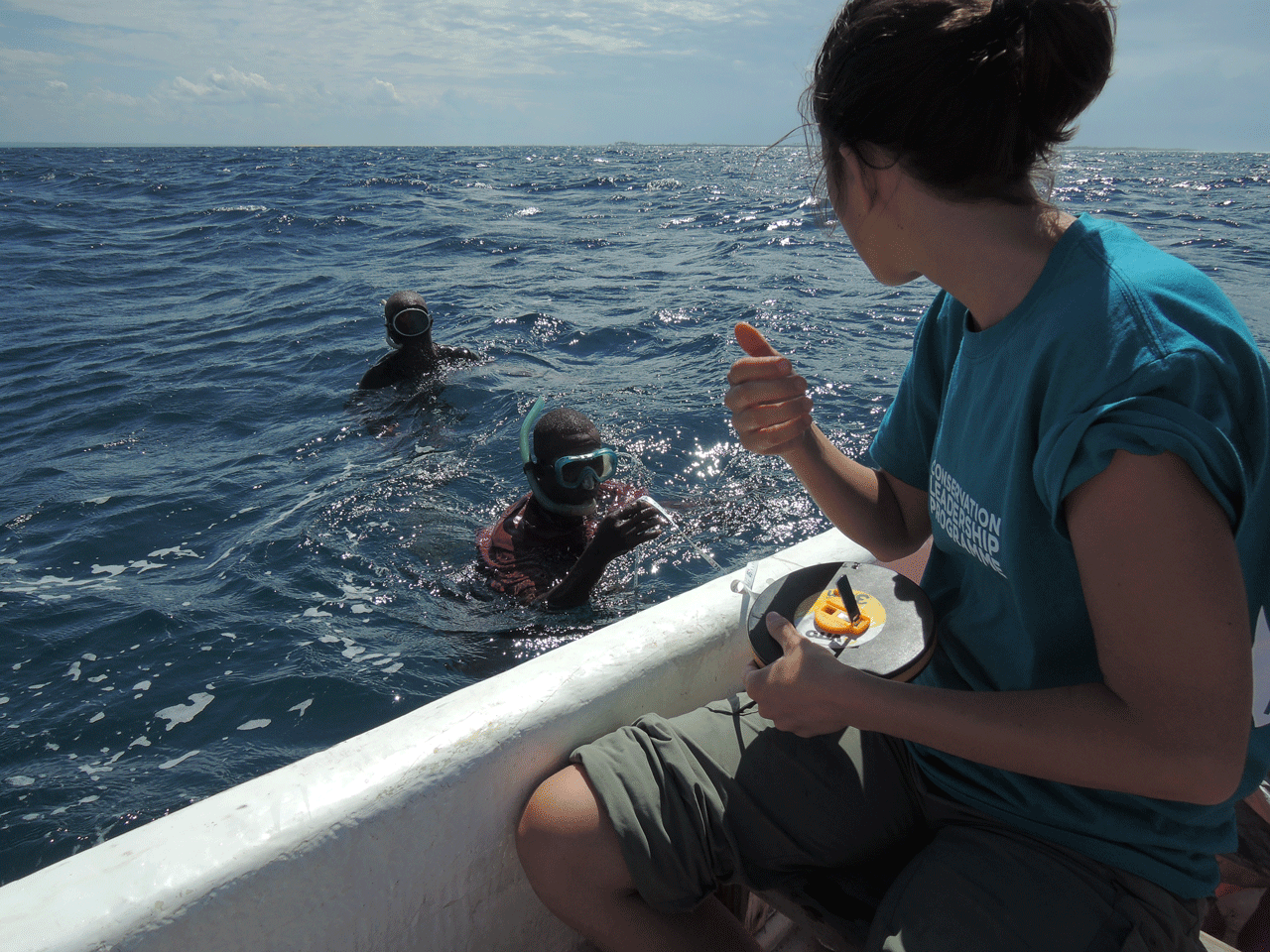On the trail of the dugongs
Monitoring and conservation strategies for dugongs in Northern Mozambique

Country
Bioacoustic research and community engagement in Quirimbas National Park
Quirimbas National Park, in northern Mozambique, is a place of extraordinary environmental value, home to rich and diverse natural resources. Among the many plant and animal species that live in this protected area is the dugong, a marine mammal now at risk of extinction. Over the years, sightings have become increasingly rare, and we currently have no clear data on their presence or distribution within the park. That’s why we’re working to monitor the park’s waters in search of dugongs, while also raising awareness among fishers and local communities.
The dugong is globally threatened and, according to estimates, could disappear within the next 40 years. A few decades ago, this species was relatively common in Quirimbas National Park, but sightings have dropped dramatically. Today, we don’t know how many individuals are left or where they can be found in the park. Since their habitat - seagrass beds on the ocean floor - is still intact, the decline is likely due to illegal hunting and harmful fishing practices.
Our approach focuses on two key areas. First, we’re gathering scientific evidence of dugong presence and movement using underwater bioacoustic recorders that can capture sound continuously for up to 36 days. In partnership with the University of Pavia, we spent nine months tracking marine acoustic signals - dugong calls as well as the vocalizations of whales, dolphins and other species - and analysing the data. Park staff were actively involved in field monitoring throughout the expeditions, helping to strengthen local capacity in marine research.
At the same time, we’ve been running a public awareness campaign, aimed not only at fishers but the wider community as well. The goal: to build knowledge and awareness about the importance, protection and sustainable use of marine natural resources.
Il progetto in numeri
180k
potabile in Tanzania
22k+
raccolti a Ibo, Mozambico
52k+
in Mozambico e Myanmar
11k+
di educazione nel mondo
200
di attività economiche
in Tz e Myanmar
1700
in Italia
1700
in Italia
52k+
in Mozambico e Myanmar
1700
in Italia
